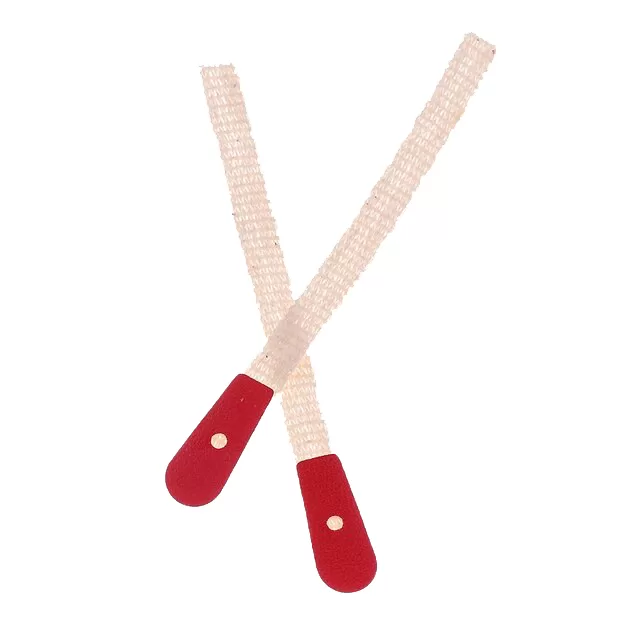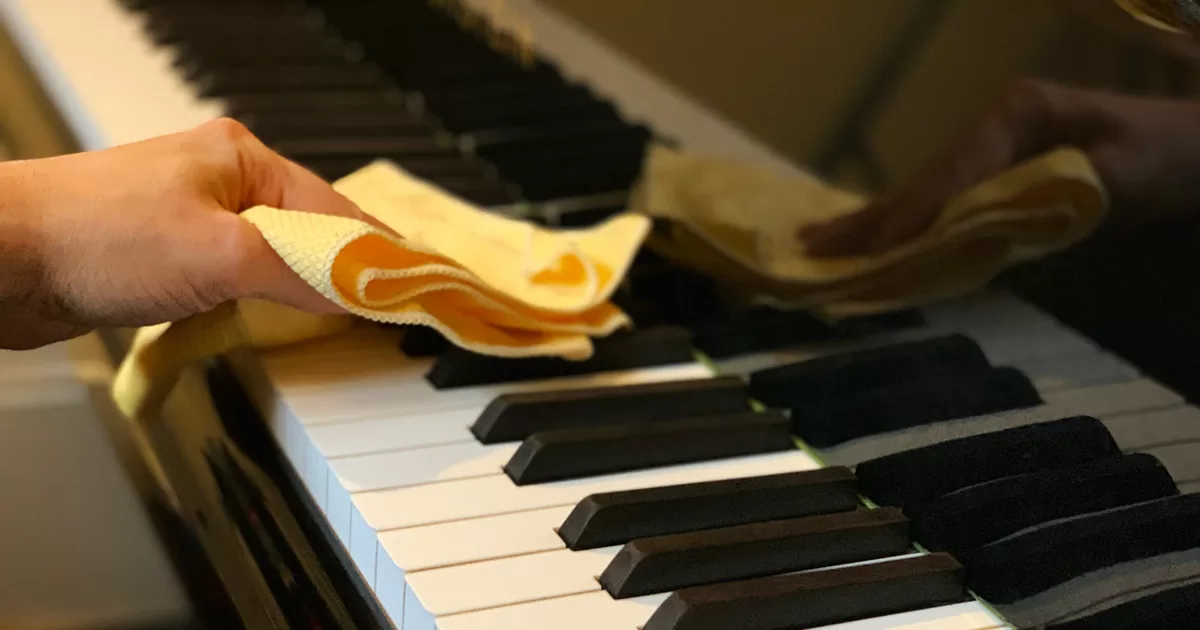Discover the ultimate piano maintenance guide packed with essential tips and expert advice. From tuning and cleaning to climate control and beyond. Learn how to care for your piano like a pro and ensure its longevity for years to come.
Why Piano Maintenance Matters
Pianos are delicate instruments that require regular care and attention to preserve their beauty, functionality, and value. Proper maintenance not only enhances the instrument’s performance. It also safeguards against damage caused by environmental factors such as temperature fluctuations, humidity levels, and dust accumulation.
Is it also important for a piano owner to know proper piano maintenance?
It’s also important for a piano owner to know how to properly maintain their piano for several reasons:
- Preservation of Investment: A piano is a significant investment, both financially and emotionally. Proper maintenance ensures that the instrument retains its value over time. And also allowing owners to enjoy its beauty and functionality for years to come.
- Optimal Performance: Regular maintenance, including tuning, cleaning, and action regulation, ensures that the piano performs at its best. This results in consistent sound quality, responsive key action, and an overall enjoyable playing experience for pianists of all levels.
- Prevention of Damage: Without proper maintenance, pianos are susceptible to various forms of damage. This includes warping, cracking, and mechanical issues. Therefore, knowing how to care for the instrument helps prevent these problems, prolonging its lifespan and reducing the need for costly repairs.
- Climate Control: Pianos are sensitive to changes in temperature and humidity, which can certainly affect tuning stability, action regulation, and the condition of wooden components. Understanding how to control the piano’s environment through climate control measures such as piano heaters or dehumidifiers is crucial for preserving its health.
- Personal Connection: Many piano owners develop a deep emotional attachment to their instrument. Learning how to care for the piano allows owners to nurture this connection and also develop a sense of pride in maintaining something of value.
- Family Heirloom: Pianos are often passed down through generations as family heirlooms. Proper maintenance ensures that the instrument remains in excellent condition for future generations to enjoy. Hence preserving its legacy and significance within the family.
Overall, knowing how to properly maintain a piano empowers owners to protect their investment, enhance performance, prevent damage, and preserve the instrument’s legacy for years to come.
Essential Piano Maintenance Tips
- Regular Tuning: Keep your piano in tune with scheduled tuning sessions by a qualified piano technician.
- Schedule regular piano tuning appointments with a qualified piano technician, typically twice a year.
- Tuning ensures that the piano’s pitch remains stable and that all notes sound harmonious and in tune. Furthermore, it will also help with the overall stability of the piano.
- Factors such as temperature, humidity, and playing frequency can affect the piano’s tuning, making regular maintenance essential.
- Climate Control: Maintain stable humidity levels (40% to 60%) using a piano heater or dehumidifier to prevent damage to wooden components.
- Use a hygrometer to monitor humidity levels and consider using a piano heater or dehumidifier as needed. Consult your piano technician for this matter.
- Avoid placing the piano near sources of heat, direct sunlight, or drafts, which can lead to fluctuations in temperature and humidity.
- Cleaning and Dusting: Remove dust and debris from the piano’s surface, keys, and interior regularly using a soft, dry cloth.
- Regularly dust the piano’s surface, keys, and interior using a soft, dry cloth to remove dust and debris.Use a slightly damp cloth for stubborn dirt or fingerprints. Take care to dry the surface immediately to prevent moisture damage.Avoid using harsh cleaning agents or solvents, as they can damage the piano’s finish or key surfaces.
- Regularly dust the piano’s surface, keys, and interior using a soft, dry cloth to remove dust and debris.
- Use a slightly damp cloth for stubborn dirt or fingerprints. Take care to dry the surface immediately to prevent moisture damage.
- Avoid using harsh cleaning agents or solvents, as they can damage the piano’s finish or key surfaces.
- Key Maintenance: Check keys for wear and sticking. Clean them gently with a damp cloth to remove dirt and oils.
- Inspect the keys periodically for signs of wear, chipping, or sticking.
- Clean the keytops gently with a damp cloth to remove dirt and oils. Take care not to saturate the keys with moisture.
- Address any issues with sticking keys or uneven key response promptly to prevent further damage to the action mechanism.
Additional Important Piano Maintenance Routine
- Action Regulation: Schedule regulation adjustments to ensure a smooth and responsive action mechanism. This also serves as a monitoring maintenance.
- Schedule regular regulation adjustments with your piano technician to ensure that the piano’s action mechanism functions smoothly and responsively.
- Regulation involves fine-tuning the alignment and interaction of the keys, hammers, and other action components.
- Consult a qualified piano technician for expert regulation services tailored to your piano’s specific needs.
- Professional Inspections: Arrange for periodic inspections by a qualified technician to identify and address any potential issues.
- Technicians can provide valuable insights into the piano’s health, recommend maintenance procedures, and also address any concerns you may have.
- Playing and Usage: Avoid placing heavy objects on the piano. Limit exposure to extreme environmental conditions, and encourage regular playing to keep the action mechanism responsive.
- Avoid placing heavy objects on the piano’s surface or using it as a storage space. This can certainly damage the finish or strain the structure.
- Limit exposure to extreme environmental conditions, including temperature fluctuations, high humidity, and direct sunlight.
- Encourage regular playing to keep the piano’s action mechanism responsive. This will prevent components from seizing up due to lack of use. Regular playing also prevents rust from building up to your strings.
Important piano action components to monitor regularly

- Bridle Straps: They are one of the essential components of a piano action. Found as an extension of the “Hammerhead Butt”, these straps are meticulously crafted from durable materials such as leather or synthetic materials. Their primary function is to connect the “Wippen” and the “Hammerhead”. Often underestimated are the “Bridle Straps” and their importance for the performance of your piano. Most just define its use as “To hold the “Wippen” in place for easier removal and placing of the “Action”. However, for those who know better, the “Bridle Straps” can help to improve the touch regulation of your keyboard and much more.
Conclusion: Elevate Your Maintenance Routine
Effective piano maintenance is essential for preserving the beauty, functionality, and value of your instrument. By following these essential tips, and partnering with a qualified technician, you can ensure that your piano remains in top condition for years to come.
You can contact us if you need piano services.
